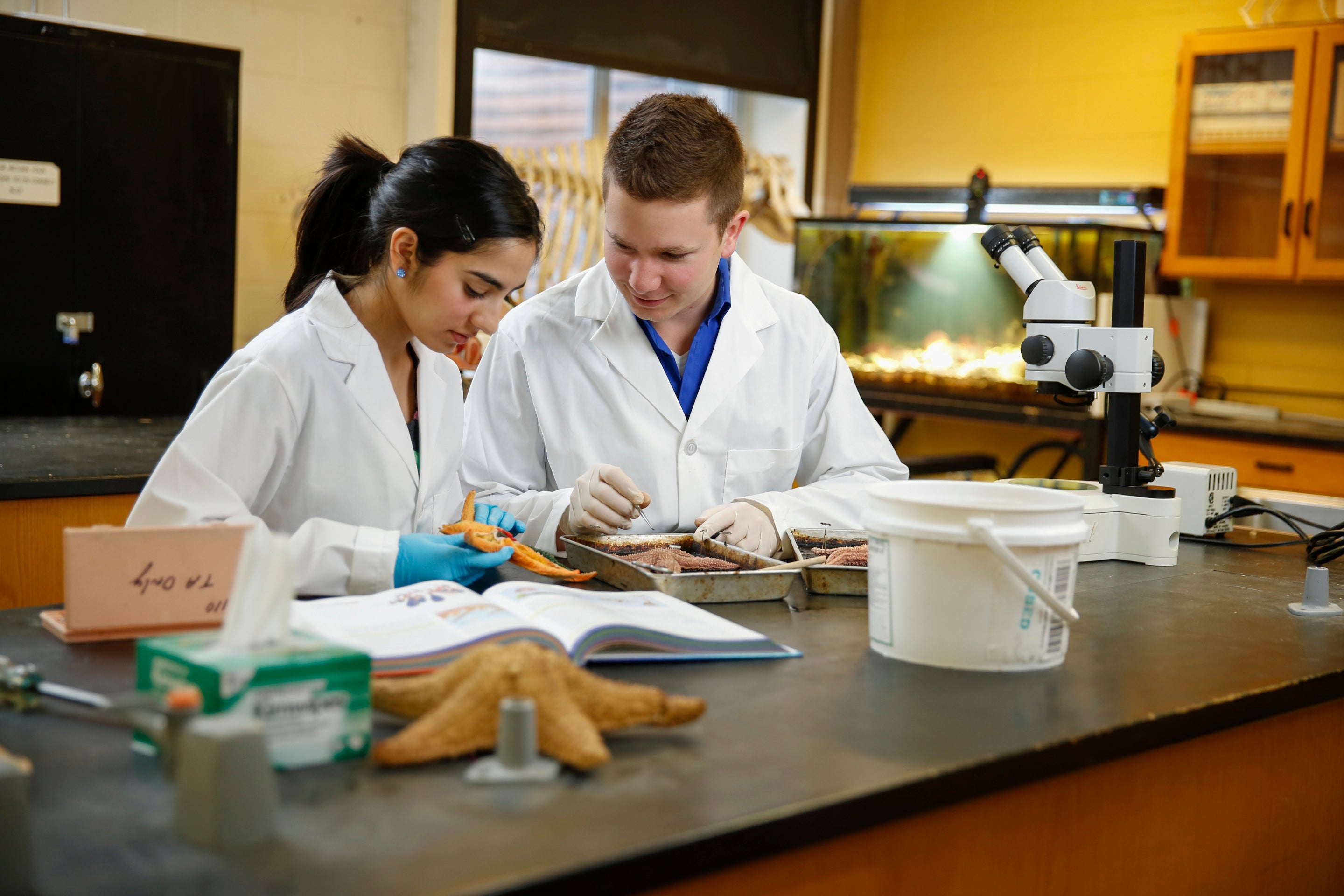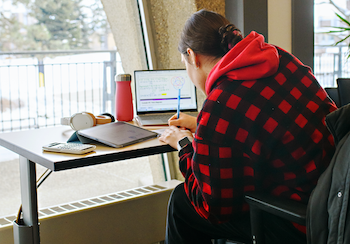We asked students and learning specialists to share their best tips, tricks and tools for university students. Browse through the articles for new strategies and perspective. Use the filters to find content that works for you.
The type of graph you include in a paper, poster or presentation will depend on what concepts, relationships or results you are hoping to share with your audience.
Are you looking to feel more confident reading and understanding graphs and diagrams? You’ve come to the right place.
Sometimes your university classes might feel like a maze of information. Consider critical thinking skills like a map that can lead the way.
Why do we need critical thinking?
Critical thinking is a type of thinking that requires continuous questioning, exploring answers, and making judgments. Critical thinking can help you:
Labs are a great way to apply what you learn in lectures. They provide you an opportunity to see a physical example, like muscles in an anatomy lab or a demonstration of a reactions that you learn in chemistry. Where else are you going to get the opportunity to learn like this?
The outline method is one of the most commonly used note-taking methods for university students. In fact, it’s possible you’re already using it!
The outline method is easy to use and adjust for different purposes — taking lectures notes, reading notes and studying.
Are you finding academic readings challenging? Do you feel like you’re not getting the most out of them?
There’s a strategy you can try to help with this. The acronym is SQ3R — it stands for survey, question, read, recite and review. Let’s take a deep dive into each step.
Problem-based questions don’t have to be something you dread on your next exam. The key to working through them is to follow a framework to break them down.
The EPIC approach does this and can be used for a variety of problem-based questions.
Study questions are a great way to help you prepare for an exam or test. They help you review the course material and practice applying it to questions — just like you’ll do during the test.
The key to doing this effectively is to create study questions that force you to use the same skills you’ll use during the exam.
Let’s start by admitting that reading the feedback on an assignment — especially one you don’t think was your best — can be uncomfortable.
Maybe you even avoid checking the comments because you find constructive feedback difficult to hear. That’s completely normal.
Have you ever underestimated the time it takes to complete an assignment or study for an exam? Do you find that no matter how early you start, you don’t have enough time?
Backwards planning can help with this.
Pages















